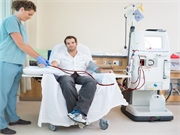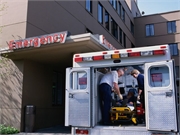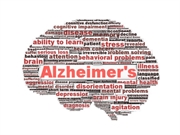
For critically ill patients with acute kidney injury, early dialysis doesn’t reduce death any more than standard care does, new research finds. “Studying a large number of patients from many countries across different hospital settings gives us a degree of confidence that taking a more conservative approach to treatment may be warranted,” said researcher Martin… read on >






























